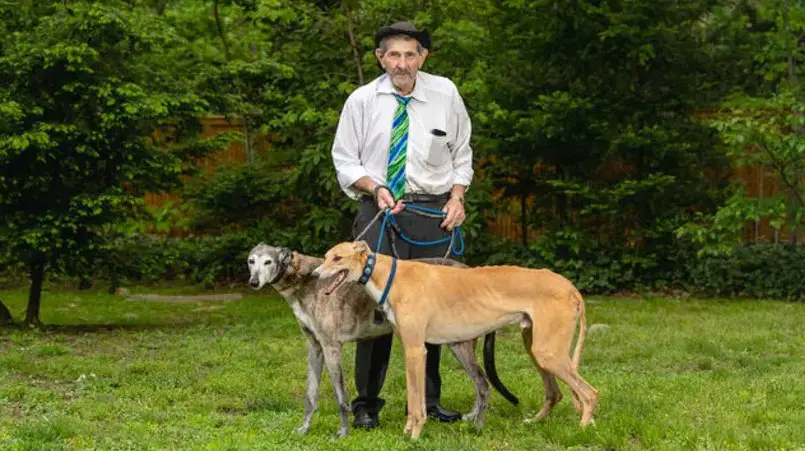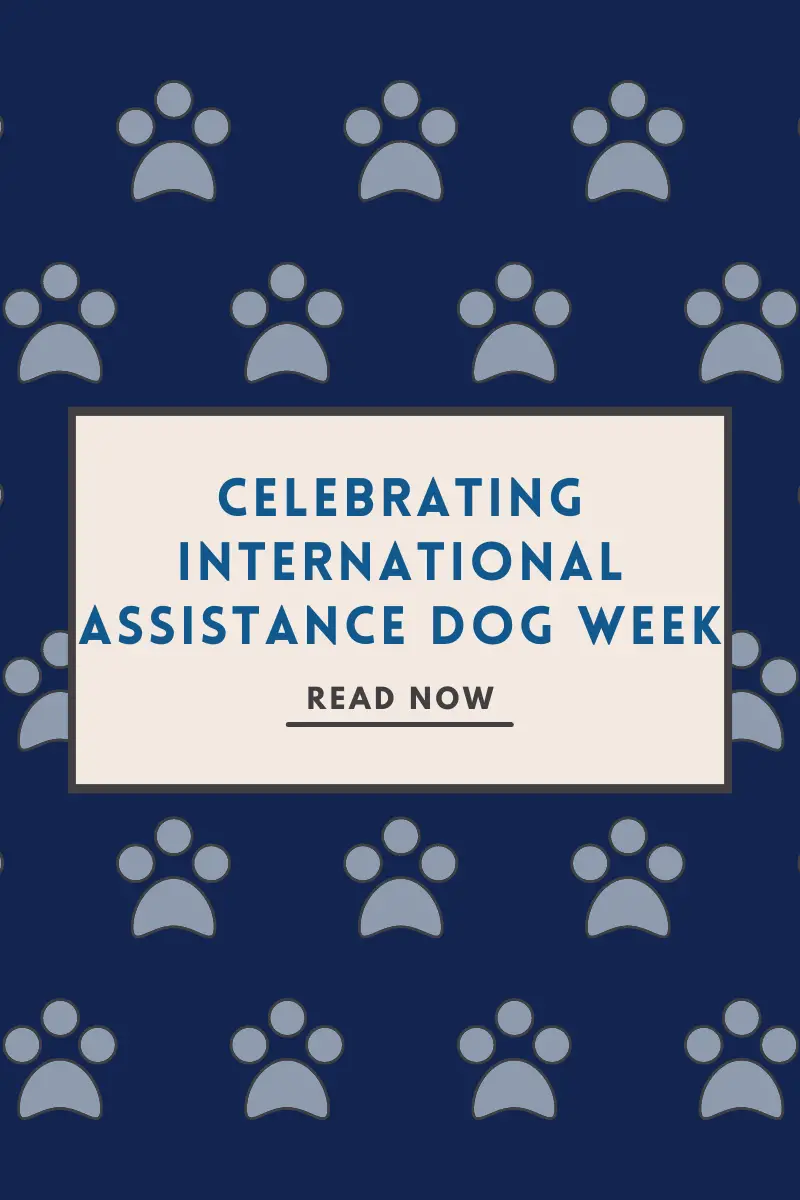Lexus, a greyhound from Rhode Island, was accused of killing a Pomeranian in a dog park in court case. Richard Rosenthal, an attorney for the defense, was present to oppose the prosecution’s request for the death penalty.
Lexus was granted a stay of execution, but only on the condition that Mr. Rosenthal removes the greyhound from the state “by the most direct route without stopping, never to return.” This was Mr. Rosenthal’s first case as a dog lawyer, and what he calls his first “get-out-of-town-by-sundown order.” It would be the first time he would use a “get-out-of-town-by-sundown order” to free the greyhound.
Mr. Rosenthal has been representing animals for more than ten years and handles custody disputes, brings malpractice claims against veterinarian offices, and focuses on protecting dangerous pets. He frequently infuriates district attorneys, animal control officers, and local politicians by doing this.
However, even animal rights organizations have voiced their displeasure with him.
Mr. Rosenthal acknowledged his status as the go-to attorney for getting canines off of death row and declared, “I’m a hired gun. If I take a case, it’s about winning. I take it because I believe in it.”

The case of Lexus the greyhound was a turning point in Mr. Rosenthal’s career. After that, in 2009, he and his wife, Robin Mittasch, established the Lexus Project, a nonprofit that offers legal defense for dogs who had euthanasia orders. It turned out that his services were in demand. He immediately got a call about Luna, a husky that was supposed to be put down for stealing hens. He was sent to Connecticut to stand up for Buddy, a golden retriever.
The local newspapers covered that story in great detail. The son of the older woman that Buddy had pushed down wanted Buddy to be killed. (“I can’t say enough bad things about Connecticut,” Mr. Rosenthal said. “They’ve never met a dog they didn’t want to kill.”) The Lexus Project responded outrageously on Facebook by posting pictures of the Auschwitz gates overlaid on the Milford, Connecticut town seal. A judge granted Buddy a reprieve under the condition that the Lexus Project immediately removed the dog from Connecticut.
![]()
Word spread widely. Cases started pouring in from all around the nation. One in particular motivated Mr. Rosenthal to give up his 30-year career as a criminal and family lawyer in favor of a full-time career in animal law.
It is not even close to being a happy tale. The case included Onion, a 120-pound mastiff-Rhodesian ridgeback mix, and a huge dog from Nevada. When the 1-year-old grandson stumbled and awoke the sleeping dog, Onion attacked and murdered the toddler. A local attorney and Mr. Rosenthal contended that the dog had not been violent but had instead reacted as any animal might when frightened.
The Nevada Supreme Court heard the case. There the grandmother of the child made it clear that she did not want the dog put down; despite losing her grandchild, she had a close relationship with the dog, which she had acquired when she was diagnosed with cancer when it was a puppy. Onion was eventually relocated to a rescue shelter in Colorado after the county decided to dismiss the case rather than make the distraught family appear in court.
“In Onion’s case, it was an unfortunate accident,” Mr. Rosenthal said. “It was a horrible tragedy. But there was nothing vicious about it.”

Mr. Rosenthal consistently uses the same cold-blooded legal defense in these situations. He acknowledges that it is tragic when a dog hurts or kills another canine or, worse yet, a human being, but he insists that all the facts must be taken into account before the dog is put to sleep. The public does not always react favorably to this position. With Onion, we got hate mail,” he said. “We got death threats.”
Thompson Page, a Connecticut animal lawyer, frequently works with Mr. Rosenthal as co-counsel (who is licensed to practice only in New York and several federal districts). Together with Mr. Rosenthal, he established the Center for Animal Litigation, a nonprofit group of attorneys that, like the Animal Legal Defense Fund, takes on animal matters for free all over the nation.
“It’s David versus Goliath every day,” Mr. Page said. “We are civil rights lawyers for four-legged creatures.”
The two men have known one other for a long time, and Mr. Page describes Mr. Rosenthal as having a “creative legal mind” with a thorough knowledge of the law and how to apply it. Mr. Page observes that farm animals and endangered species frequently receive the majority of judicial attention and, to some extent, popular compassion.
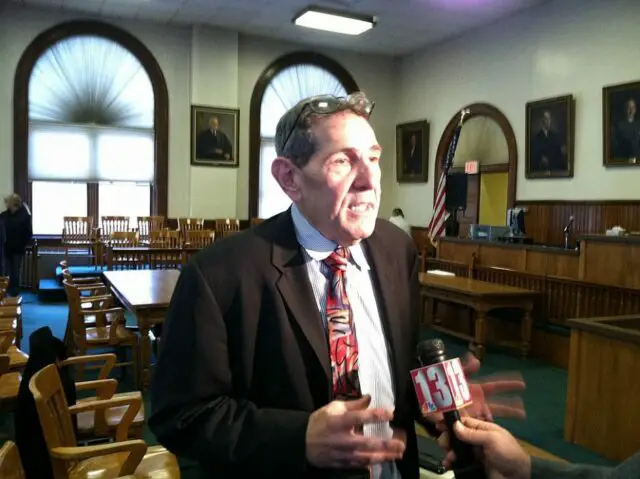
However, Mr. Page makes clear that he and Mr. Rosenthal occupy a niche in animal law that is not particularly well-liked: “Who do you think wants to represent a pit bull who bit somebody?” With what Mr. Page refers to as “enthralling colloquies” that may last for hours, Mr. Rosenthal has a flair for persuading judges—many of whom are quick to dismiss cases against dogs as frivolous—to consider the specifics of the case.
Mr. Rosenthal is conscious that he has developed opponents along the road, even though some animal rights groups view him as an ally. He claims that he is frequently despised by law enforcement, the judiciary, and members of the local administration. But Mr. Page claims it is a requirement of the position. “We’re hated,” he declared. “We are Darth Vader,”
Mr. Page and Mr. Rosenthal both showed mistrust for the police. As Mr. Rosenthal put it, “All of a sudden it came to a point where, invariably, when a cop shoots a dog, their first description of the dog, no matter what the dog is, is that it was a pit bull. “Historically, animal control officers, sometimes known as “dogcatchers,” have been in typically low-paying, low-level roles (the U.S. Department of Justice estimates that police officers murder 10,000 pet dogs every year). Even while Mr. Rosenthal is open to the idea of comparing the current dogcatcher to Darth Vader, he still has little respect for them. “Let’s get serious,” he urged. “Nobody becomes an animal control officer for the glory or the money or the great amount of respect.”
But as the position has developed, animal control officers—often regarded as law enforcement—have a significant impact on what happens when a dog bite is recorded. When a kill order has been issued for a dog, they are frequently the main defense witnesses. “We want animal control officers to have training in dog behavior so they understand why and when dogs fight,” Mr. Page said.
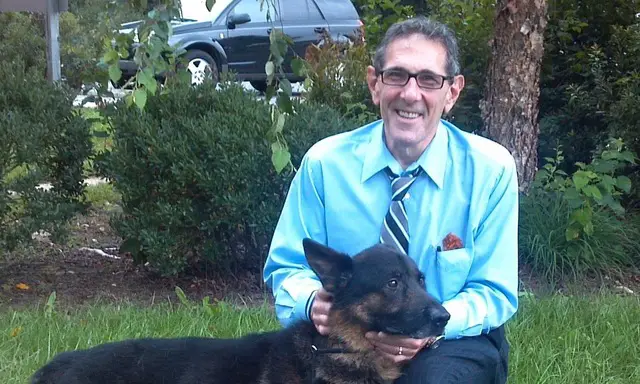
“There are documented cases where it’s the smaller dog that starts the attack,” according to Mr. Rosenthal. He recounts an incident involving a greyhound that killed a lap dog that had sprung out of its owner’s arms and rushed barking toward the greyhound. “You can’t expect a dog to have a proportional response,” he says. The case was dismissed after he was able to establish that the smaller dog started the engagement by citing an Illinois decision that stated that the court must consider provocation from the dog’s perspective and apply a “reasonable dog standard.”
Mr. Rosenthal stated, “To break the ice, my normal first offer of settlement is if you want to take the kill order off the dog and reissue it on the owner, I’ll serve it.” He was not exactly laughing, but he was making fun of it.
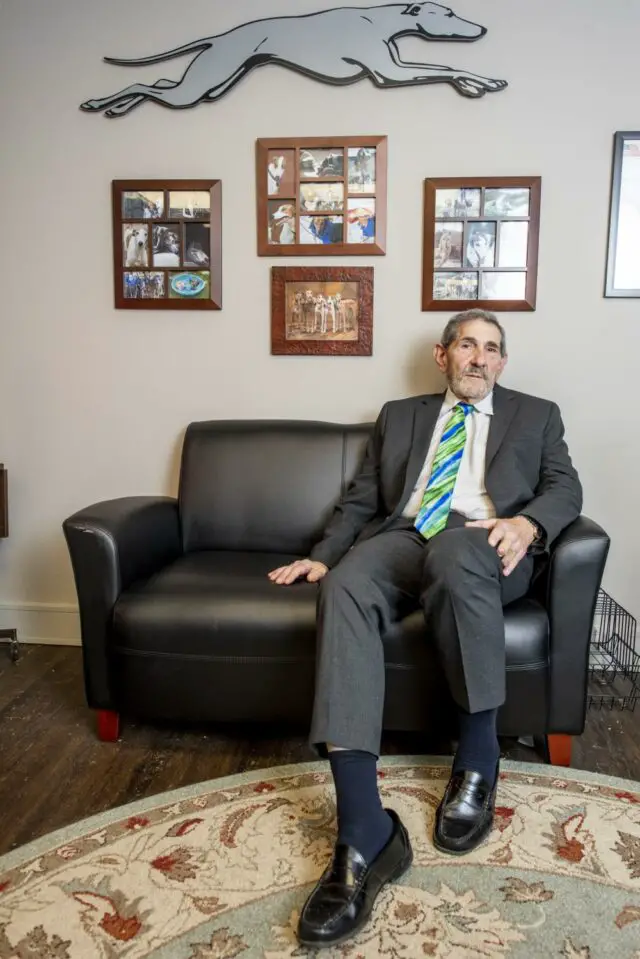
Mr. Rosenthal is comfortable discussing contentious cases he has worked on while slouching back in a chair in his Long Island basement office. He does so while dropping jabs at poor dog owners, opposing attorneys, and judges. “You could put her legal argument on the head of a pin and still have room for the angels to dance.”
A big sculpture of a greyhound next to his phone, a wall hanging featuring a greyhound, and numerous framed images of greyhounds are the only things that set this lawyer’s office apart from others. Mr. Rosenthal seemed unusually impassioned as he related the tale of rescuing the Lexus. One of his greyhounds had tragically passed away the week before.

The greyhound adoption community is well known for Mr. Rosenthal and his wife, Ms. Mittasch. Mr. Rosenthal founded the Lexus Project and holds a pilot’s license. He has told tales of flying hundreds of dogs from shelters to adopters using his aircraft, an ex-military Navion F with a single engine. He has also flown with Pilots N Paws, a group that uses volunteer private pilots to transport rescued animals. However, he no longer does these transfer missions. Mr. Rosenthal was the only survivor of a plane disaster on Long Island in 2017 that also claimed the lives of the other two passengers. He has not flown since the crash, although there were no animal victims.
According to Mr. Rosenthal, he handles 20 to 30 animal cases annually. Mr. Rosenthal’s main source of income is resolving pet custody disputes for several Long Island medical practices in addition to general counsel employment. “Pet custody starts at around five grand and can get to ridiculous numbers when you have two sides with two attorneys willing to fight,” he claimed.
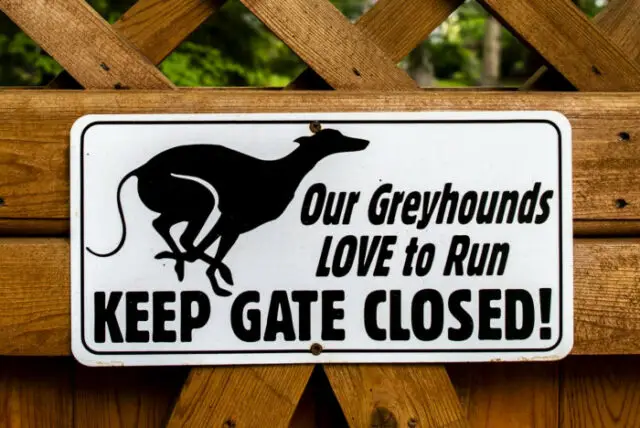
But being a dog lawyer has its challenges. A key obstacle to animal law litigation is the fact that courts typically do not grant animals habeas corpus or the right to a trial. Recently, a high-profile case involving Happy, an elephant at the Bronx Zoo, pushed the limits of giving animals human rights by bringing the question of personhood into the public eye.
Happy’s supporters at the Nonhuman Rights Project, the group that is fighting for her, claimed that since the elephant can recognize herself in a mirror, which is a sign of consciousness and self-awareness, she should be freed from prison and transferred to an elephant sanctuary. Happy is not a person, at least not in the legal sense, according to the New York Court of Appeals, which dismissed the claim 5 to 2.

Progressive ideas of animal law and Mr. Rosenthal’s method differ at this point. He is quick to distinguish between successful litigation and advocacy that uses animal law to alter court definitions of personhood, which he refers to as an “intellectual pursuit.”
“I am an oddity in animal law in the sense that the holy grail of the animal law is to have animals declared something other than just property,” he said. “What I argue and litigate are strict property concepts.” Litigating animals as property may seem at odds with the idea of fighting for their rights, but it is often the most efficient way to save the life of a dog.
In contrast to the protracted legal battle for Happy’s personhood and release, Mr. Rosenthal’s approach to animal law appears urgent. He claimed he did not have time to attempt to persuade the court that animals are people. “The difference is, in my cases, there is a dog or cat that’s going to die if I don’t win,” he said. “So to me, I need to win the case.”

